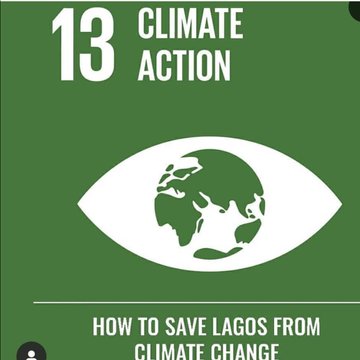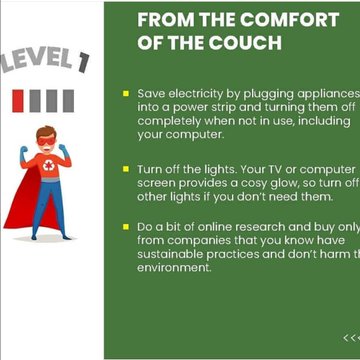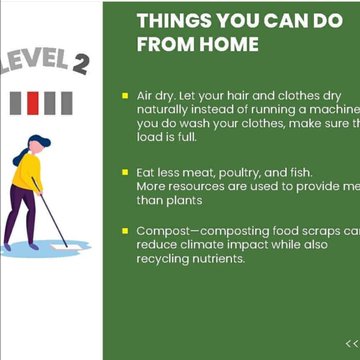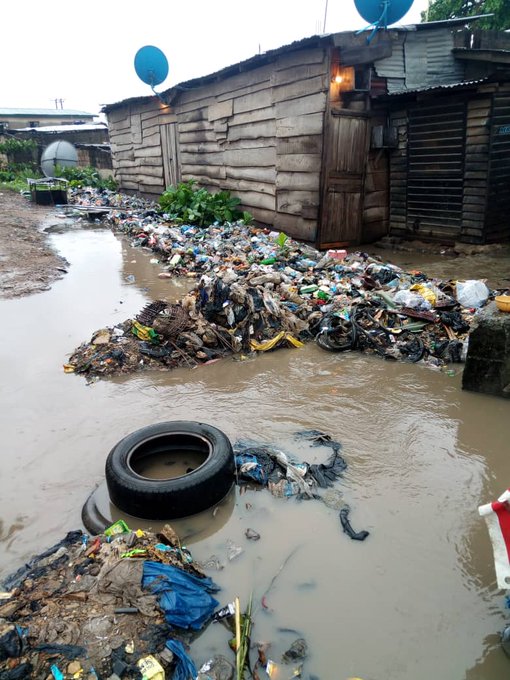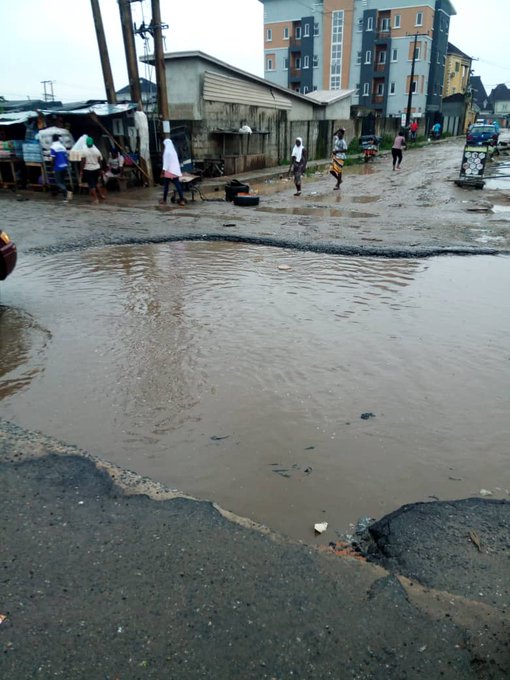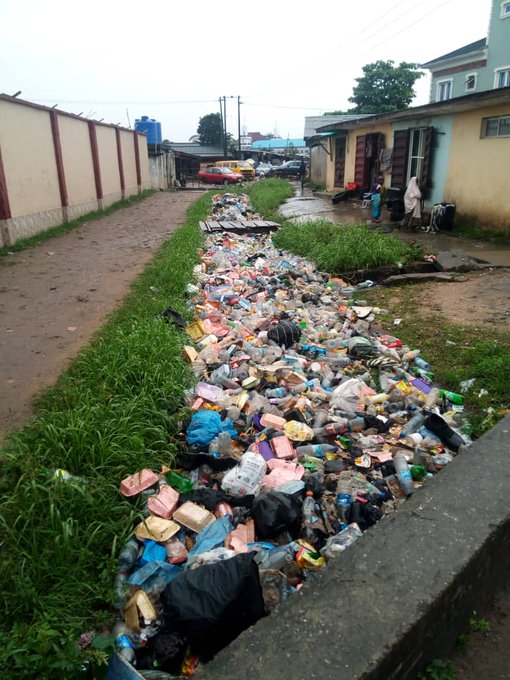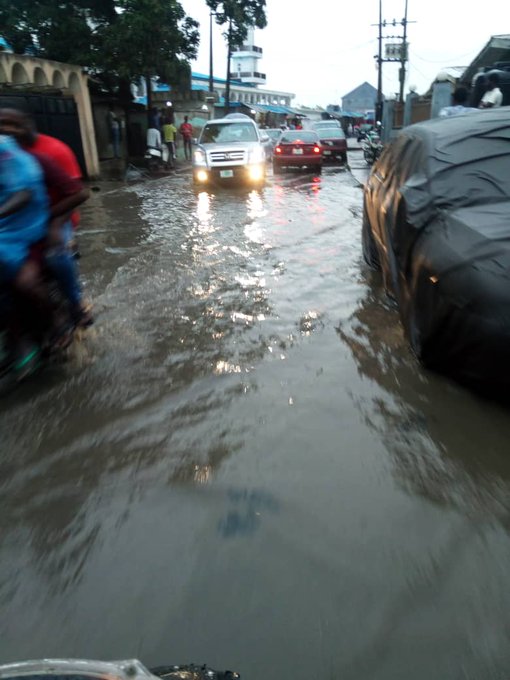etting stuck in Lagos traffic is one of the most dreadful predicaments you pray to never find yourself in.
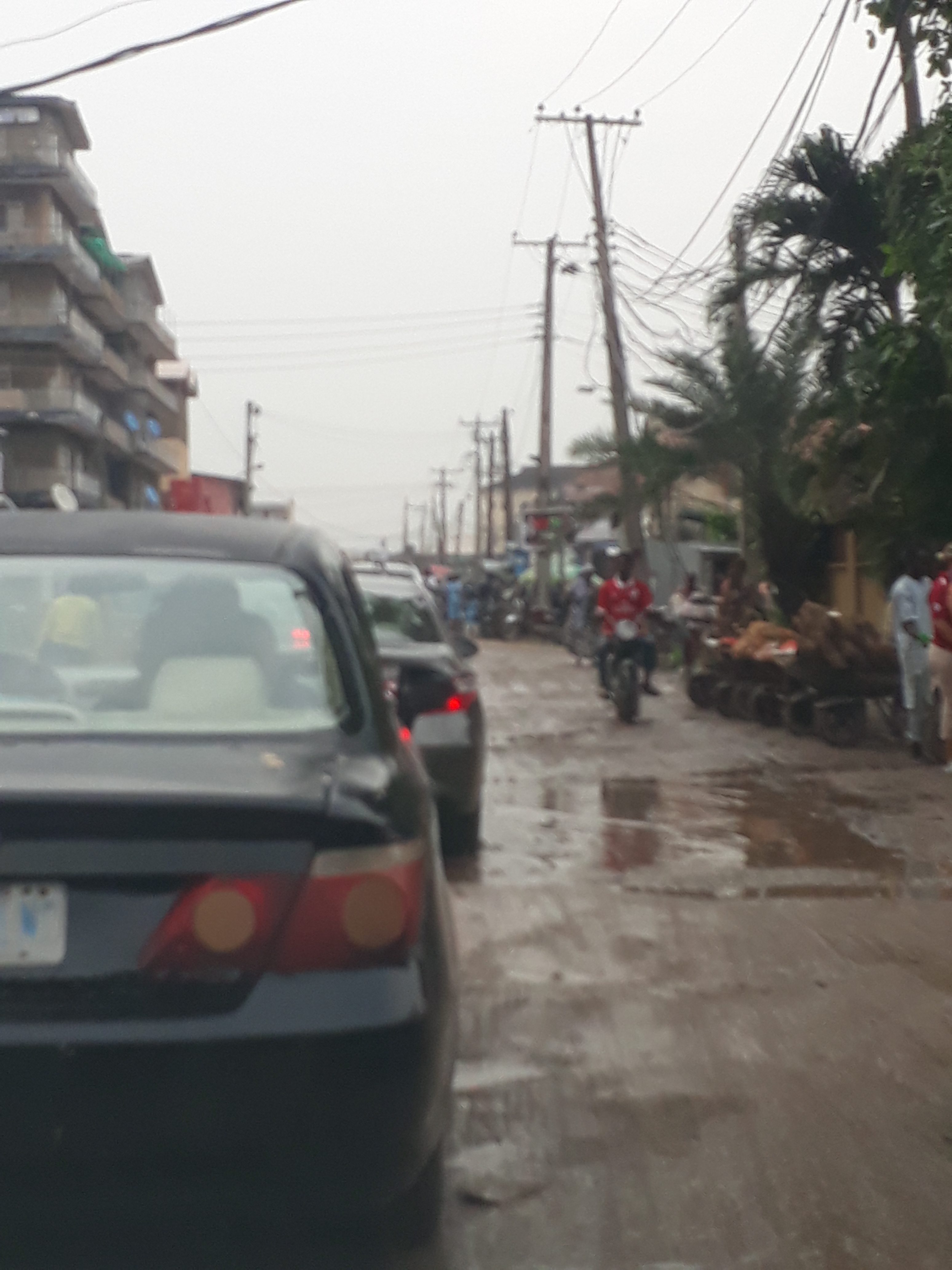
The sounds of car horns ‘honking’ like they are in a competition to know the loudest likewise the yelling of people.
You can’t do anything but complain when you realize the reason for the gridlock is the bad roads and there is free flow of movements ahead.
Everyone is struggling to go first, then when they hit each other, they start a commotion.
Residents, motorists and commuters have continued to lament over the deplorable state of various roads in the center of excellence.
Every Lagosian is aware that the state is usually in a mess during rainy seasons as many parts are usually submerged in flood, making movements difficult for motorists and residents.
The heavy downpour in Nigeria’s commercial city leaves the road flooded, which is one of the problems affecting its population, subjecting Lagosians to harsh traffic gridlock, unpliable roads, leaky roofs, damaged communication masts, electric poles and other building infrastructures.
In July, the Lagos State House of Assembly rated the performance of Public Works Corporations (LSPWC) low in maintaining roads and other infrastructure in the state, saying there are too many bad roads.
The Lagos State Public Works Corporation, LSPWC, gave their words to residents, urging them to be patient while it doubles efforts to fix potholes and ensure roads remain motorable.
The General Manager of the Corporation, Engineer Olufemi Daramola had made this known during a chat with news correspondents on the activities of the Corporation since mid-June 2019.
The Lagos state government also took to Twitter to create awareness on the looming effect of global warming in Lagos which has led to climate change.
The tweets reads:
Global warming has led to climate change. Scientific literature has repeatedly suggested that climate change will result in more frequent extreme weather events (floods, droughts, heatwaves etc)
Global warming has led to climate change. Scientific literature has repeatedly suggested that climate change will result in more frequent extreme weather events ( floods, droughts, heat waves, etc) #SDGoal13 #ClimateChange #SustainableDevelopmentGoals#LASG#ForAGreaterLagos
See The Lagos State Govt's other Tweets
This only means more rainstorm and the need to take safety precautions.
Nigerians are not helping either, because, they do not yield to taking precautionary measures as this is evident in the way people build houses along water channels.
In Lagos, houses are built everywhere with no proper drainage system and gutters overflowing to the already bad roads and then one begins to wonder the type of architect that handled such project.
In April, the Nigeria Hydrological Services Agency (NIHSA) warned that about 600 local government areas are under threat of flooding in 2019.
Among the parts of the country susceptible to massive and devastating flooding this year are the Federal Capital Territory (FCT), Niger, Lagos, Edo, Imo, Abia, Jigawa, Adamawa, Delta, Rivers, Cross Rivers, Oyo, Enugu, Kebbi, Nasarawa, and Bauchi states.
It is also a known fact that most parts in the state were either established along water or located in floodplains near rivers and the Lagoon which are subject to flooding.
The city of Lagos has a large population listed at over 14 million people.
Many have also opined the cause of traffic congestion is usually the rapidly growing population who ply the roads daily.
A motorist, Charity Okonkwo, said the rainy season only worsens the roads because it causes gridlock and one can spend hours in the traffic.
Okonkwo said,
“I leave my house early so I can beat the traffic but i still end up meeting the traffic I was running away from”
“Being a mom of three, I need to drop my kids off at school before I can go to work early but everything just seems futile”
Effects of bad roads on residents and motorists
According to a resident, the gridlock stretches all the way to Fola-Agoro because of the damaged road at the front of Abule Ijesha.
“The government need to do something about this road, otherwise something terrible might happen.
“These potholes are getting wider and it wasn’t always like this.
“The road makes it difficult for people going to work and school because of the heavy traffic.”
A commercial motorist, Jubril Mohammed, said the bad road is taking a toll on his vehicle which he constantly has to repair.
In his words,
“This keke is my source of living and sometimes, the money I earn is what I use to repair it.
“The road is not even helping at all.”
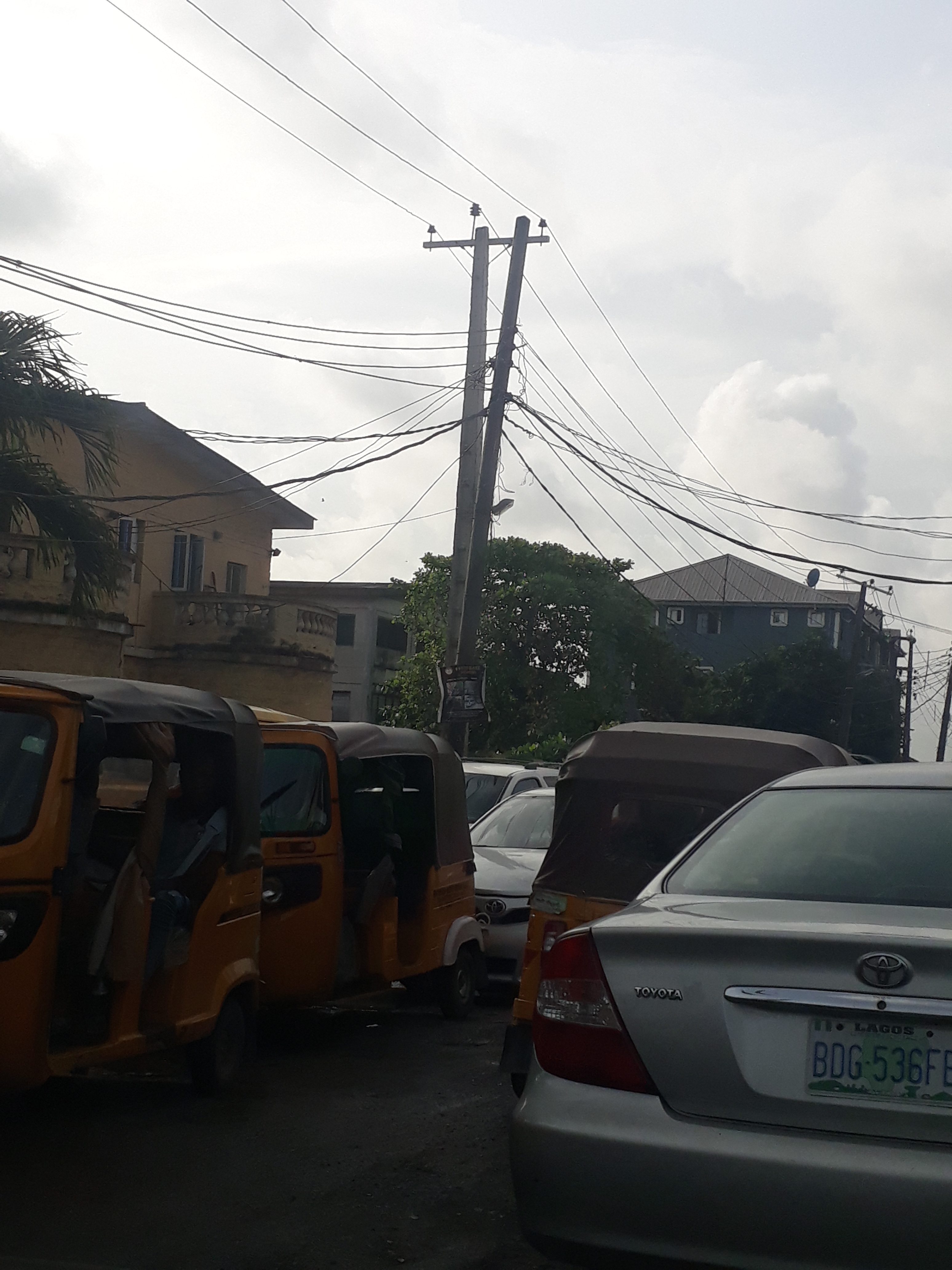
Sitting in a bus, known as Molue, Faith Ekpenyong keeps looking at the time as the traffic congestion keeps building up and everywhere is a ‘no go area‘ in the community, located on the Ifako area of Gbagada in Kosofe Local Government Area of Lagos State because whenever it rains, the canal rises to the brim and the road is muddy.
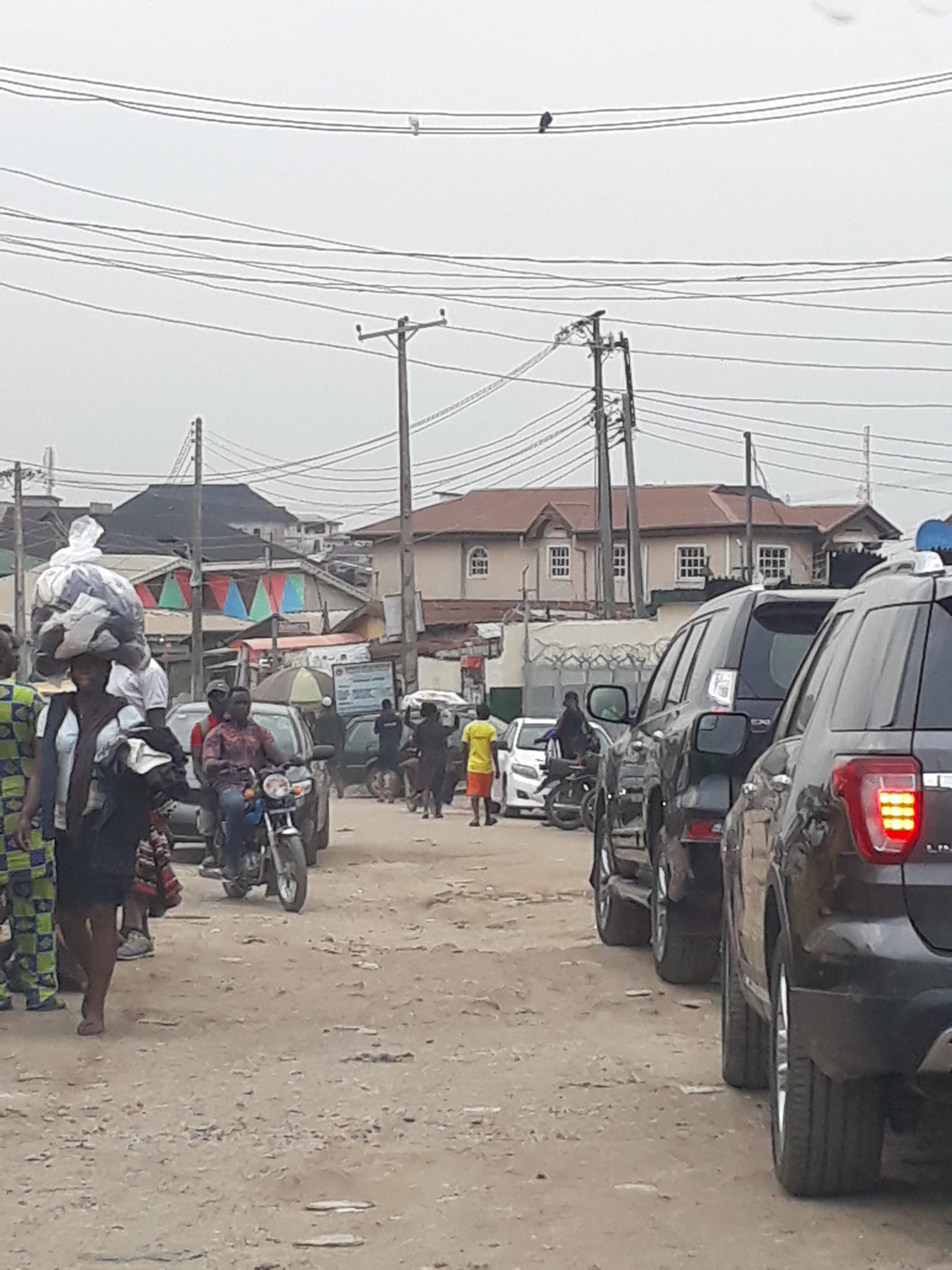
Residents blame the government for not repairing the already damaged roads.
Many commuters resort to trekking when the traffic is at standstill.
This has also caused enough discomfort to those going home after a hectic day at work.
Thousands of cars, buildings and lives are damaged or lost every year by bad roads.
A web user took to Twitter to complain about the notorious Ikorodu road, claiming it has caused the death of youths.
@kodadesuwa said she and her friend suffer from body aches because it is costly and stressful to ply on the road daily.
Tonight, I did a thread on how we are tackling #EkoTraffic responding to some of the issues raised by residents of Lagos.
We do not take the trust you have in us for granted. Long lasting progress will come with steadfast delivery and continued engagement with the people.
IKORODU,LAGOS STATE YOUTHS ARE DYING DUE TO BAD ROADS
A friend and I were just talking about how stressful and expensive it is plying ikorodu roads to work on a daily basis. He complained of severe body aches, I thought I was the only one experiencing the pains oo.
See OBA's other Tweets
https://twitter.com/iWonPopular/status/1043150544460767232?s=19
Nigerians have also voiced out about the persistent problem between the month of May and September by sharing videos of flooded areas on social media so the government can do something about it.
The whole flood water in Lagos is more than enough to irrigate the sahara twitter.com/MBuhari/status…
See TimsCollection's other Tweets
Here is what Agege looks like after after rainfall...
Flood, refuse, potholes take over communities in Agege Local Government Area, Lagos state.
Communities such as Pen cinema, Awori, Morcas, Ayeni, and Omodeinde were affected. Photos: Abbas Dalibi, 19 Sept 2019.#DailyTrust
See Daily Trust's other Tweets
Lagos is a messy state fr. Flood everywhere, tryna imagine how's going to be in market areas. lool
See Anomnézè...'s other Tweets
Dear Lagosians, this is oba akran Road, ikeja just a few kilometers from @jidesanwoolu 's office. #fixlagosroads. @jidesanwoolu please fix this. Let's flood internet with pix of lagos bad roads till @followlasg fixes it. @segalink @DrJoeAbah @official2baba @tundefashola @MBuhari
See Afolabi's other Tweets

